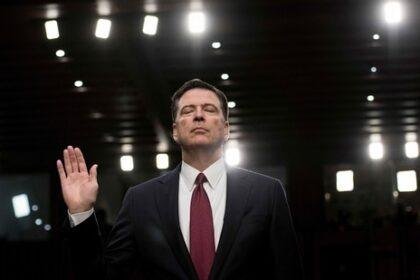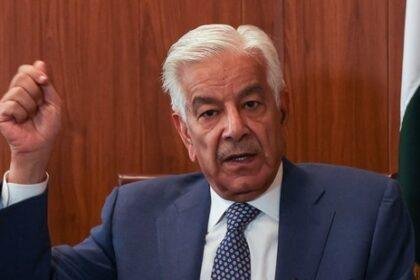Turbulent Times for Macron: Political Crisis Deepens in France
In a dramatic turn of events, French President Emmanuel Macron finds himself at the center of a political storm, with increasing calls for his resignation or a snap election. This turmoil follows the resignation of Sébastien Lecornu, France’s third prime minister in just one year, who stepped down after a mere 28 days in office. Lecornu’s brief tenure ended when his efforts to form a stable government collapsed, prompting Macron to persuade him to remain in a bid to navigate the ongoing crisis. However, the president has hinted that if this strategy fails, a second dissolution of parliament and fresh legislative elections could be on the horizon.
A Leadership in Crisis
Macron, who has been a prominent figure on the international stage since his election in 2015, is now facing a significant decline in domestic support. Once hailed as a transformative leader, his popularity has plummeted, reminiscent of the chaotic political landscape of France’s Fourth Republic, which lasted from 1946 to 1958. This period was marked by instability and frequent changes in government, a scenario that seems to be repeating itself today.
The current political climate is characterized by a growing sense of disillusionment among the French populace. Macron’s steadfast commitment to his economic agenda, which includes tax cuts and a controversial pension overhaul, has left him politically isolated. As concerns about France’s rising deficit mount, many citizens are questioning the sustainability of his policies.
Macron’s International Standing
Despite the domestic challenges, Macron has maintained a significant role on the global stage. His leadership has been pivotal in the European Union, especially in the wake of Brexit and the departure of Angela Merkel from German politics. Macron’s ability to navigate the complex interests of the 27-member bloc has positioned him as a key figure in addressing major global issues.
His proactive stance on international matters, particularly in supporting Ukraine against Russian aggression, has further solidified his reputation abroad. Macron has also taken a firm stand against China’s expanding influence, exemplified by the deployment of French warships to assert freedom of navigation in the contested South China Sea. For nations like Australia, Macron’s role in counterbalancing China’s power in the Pacific is crucial, especially given the strategic significance of French territories like New Caledonia.
Domestic Challenges and Political Fragmentation
While Macron’s centrist ideology initially helped to unify French society following the tragic Bataclan terror attacks and the migrant crisis of 2015, his political fortunes have since waned. The centrist alliance he led lost its outright majority in the 2022 parliamentary elections, forcing him to govern with a minority cabinet. This situation has made it increasingly difficult for his administration to pass essential budgets and reforms.
The rise of the far-right National Rally, led by Marine Le Pen, has further complicated Macron’s political landscape. Once a formidable barrier to the right, Macron’s presidency has inadvertently fueled Le Pen’s popularity, with her party’s support surging from 20% to 32% in recent years. This shift reflects a growing dissatisfaction among voters regarding Macron’s handling of economic issues and immigration policies.
The Path Forward: A Call for Compromise
As the political crisis deepens, the question remains: what steps will Macron take to regain the trust of the French people? Analysts suggest that a willingness to compromise may be essential for stabilizing his administration and addressing the concerns of a divided electorate. The current political landscape demands a nuanced approach, one that acknowledges the legitimate grievances of various factions within French society.
Macron’s ability to navigate this turbulent period will be critical not only for his presidency but also for the future of France. The echoes of the Fourth Republic serve as a cautionary tale, reminding leaders of the importance of stability and consensus in governance. As Macron contemplates his next moves, the stakes are high, and the eyes of both domestic and international observers are keenly focused on the unfolding drama in French politics.
Conclusion
In conclusion, Emmanuel Macron’s presidency is at a crossroads, marked by political instability and public discontent. The resignation of yet another prime minister underscores the challenges he faces in maintaining a cohesive government. While his international standing remains robust, the domestic landscape is fraught with challenges that require immediate attention. As calls for his resignation grow louder, the future of Macron’s presidency hangs in the balance, with the potential for significant implications for France and the broader European Union.










